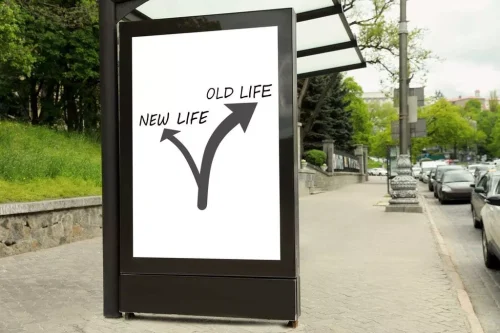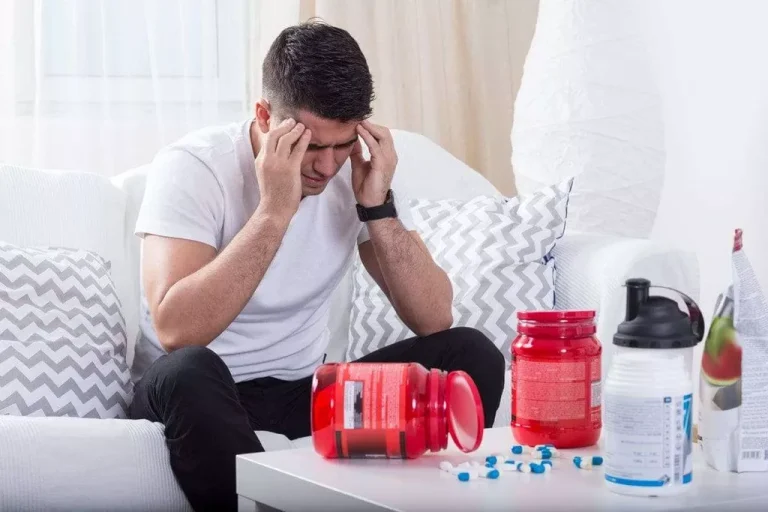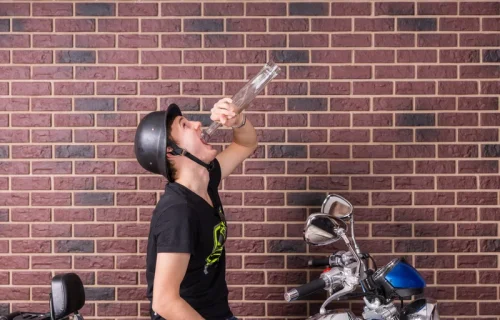
Research shows that poor sleep quality and disrupted sleep raise heart rate, heart rate variability, and blood pressure while you sleep, which can stress the heart and increase the risk of cardiovascular diseases. Alcohol can trigger parasomnias, involuntary sleep behaviors that contribute to poor sleep quality, such as sleep talking and sleepwalking. By interfering with your body’s normal circadian rhythm and sleep cycles, alcohol increases the likelihood of disruptive sleep behaviors that pose a safety risk.
Alcohol and Insomnia: That Nightcap Might Keep You Up at Night
- The role of circadian misalignment indisturbed brain reward function, and its role in the development of alcohol use disorders isthe subject of a recent review by Hasler and Clark (2013).
- In the first half of the night, when the body is metabolizing alcohol, studies show people spend more time in deep, slow-wave sleep and less time in REM sleep.
- There are a ton of options for changing your drinking routine, whether that means cutting down a little or abstaining completely.
- Stepwise multiple regression entering age, intracranialvolume, diagnosis, lobar gray matter volumes and subcortical tissue volumes to predictN550 amplitude at Fz produced different models in men and women (Colrain et al. 2011).
In patients with delirium tremens (DTs), a higher percentage of Stage 1 sleep with REM (stage 1 period with low voltage EEG with REM) was demonstrated (Greenberg and Pearlman, 1967). In this study, one of the subjects had nightmares of hallucinatory intensity during alcohol withdrawal and with 100% Stage 1-REM sleep. As DTs ended, recovery sleep set in as a response to sleep deprivation in most of these patients. However, a https://ecosoberhouse.com/ subset of patients may have fragmented sleep and disturbances of consciousness that predict a guarded prognosis for future episodes of DTs (Kotorii et al., 1982, Nakazawa et al., 1981). As a general rule, Meadows said, people should aim to leave at least three to four hours between drinking and sleeping to avoid sleep disruption. “For the best sleep, try to have at least four alcohol-free nights every week,” Meadows said.
- Further, alcohol may continue to disturb sleep even after the breath alcohol concentration is undetectable.
- If you think your drinking may be impeding your sleep or overall quality of life, speaking to your doctor or therapist is a great first step.
- For example, administration of the tumor necrosis factor α(TNF-α) antagonist etanercept led to normalization of REM sleep in 18 abstinentalcoholics (Irwin et al. 2009).
- Another possibility is that alcohol abuse leads to long-lastingneurochemical changes in the brain stem.
- Long-term alcohol use negatively affects REM cycles and decreases sleep quality.
- But people suffering from alcoholism have an increased risk for abusing sedative-hypnotic drugs, and most addiction treatment experts do not recommend sedative-hypnotic drugs for clients with drinking problems.
Sleep Products
- Insomnia from alcohol use is pretty common, and studies have shown that anywhere from 36% to 91% of those who are alcohol dependent will struggle with sleep disturbances or insomnia.
- Interestingly, the harmful effects of alcohol were more pronounced among young people compared with seniors.
- Julia Pietilä, a researcher at the Faculty of Biomedical Sciences and Engineering at Tampere University of Technology in Finland, is the first author of the paper, which was published in the journal JMIR Mental Health.
- This means that someone self-medicating spirals deeper into their dependency, turning it into a full-blown addiction faster.
- Sleep apnea is a common disorder where the airway collapses or becomes blocked during sleep.
You may be wondering what it is about alcohol that makes you feel sleepy, especially if you’re also experiencing adverse symptoms of insomnia. Alcohol depresses your central nervous system, which means your brain activity, breathing, and heart rate all slow down when you’re intoxicated. Research on alcohol and sleep shows that moderate-to-heavy drinking has a detrimental effect on sleep. But this is more of a guideline than a rule—simply because the amount of alcohol that causes insomnia is different for everyone. Having a nightcap to top off your day can seem helpful—at least at first—because alcohol has a way of making you feel calm, drowsy, and at ease. But its effects can backfire as your body moves through its later sleep stages, making you feel tired and sleep-deprived in the long run.

Chronic Pain and High Blood Pressure
The percentage of (A) slow wave sleep (SWS) and (B) rapid eye movement (REM) sleep in thefirst half of the night across multiple nights of drinking. Data are drawn from (Feige alcohol insomnia et al. 2006; Prinz et al. 1980; Rundell et al.1972). Studies of the effects of repeated alcohol administration over multiple nightsare rare and suffer from small sample sizes.

Explore Sleep Foundation
- This not only worsens pre-existing sleep apnea but may also lead to episodes of sleep apnea in individuals who previously did not experience it.
- If you find you’re really missing the taste of alcohol, there are plenty of zero-proof versions on the market to consider.
- This topographic pattern isconsistent with the known frontal susceptibility to alcoholism-related alterations inbrain structure and function (Zahr et al. 2013;Oscar-Berman et al. 2013).
- However, during the night, as the amount of alcohol in your blood drops, you are likely to wake up.
Will a small amount of alcohol affect my sleep?

